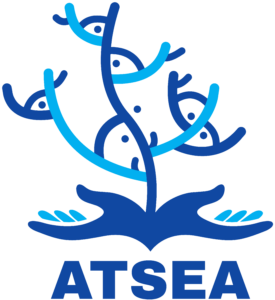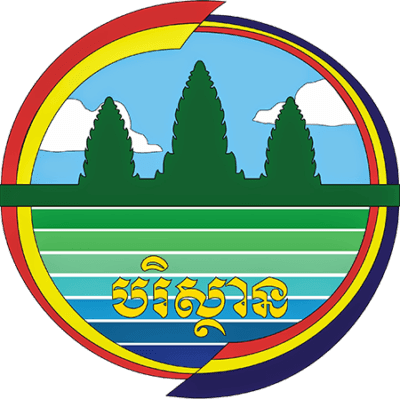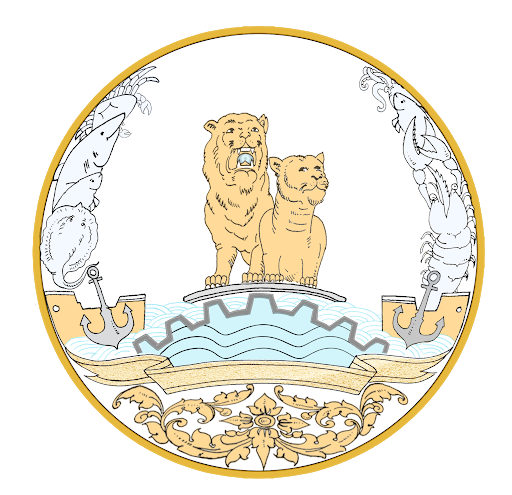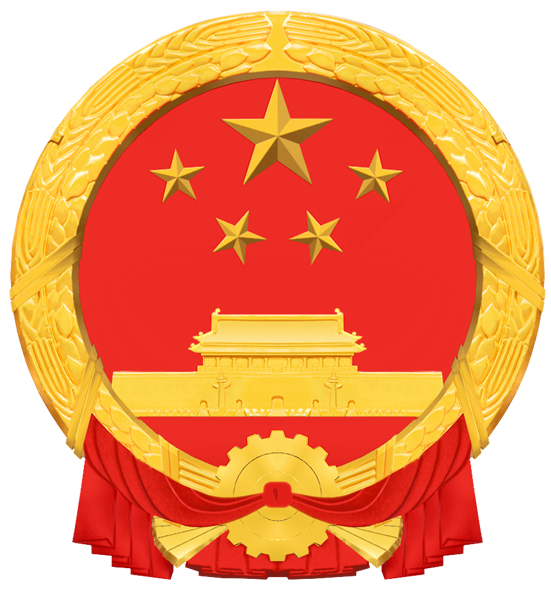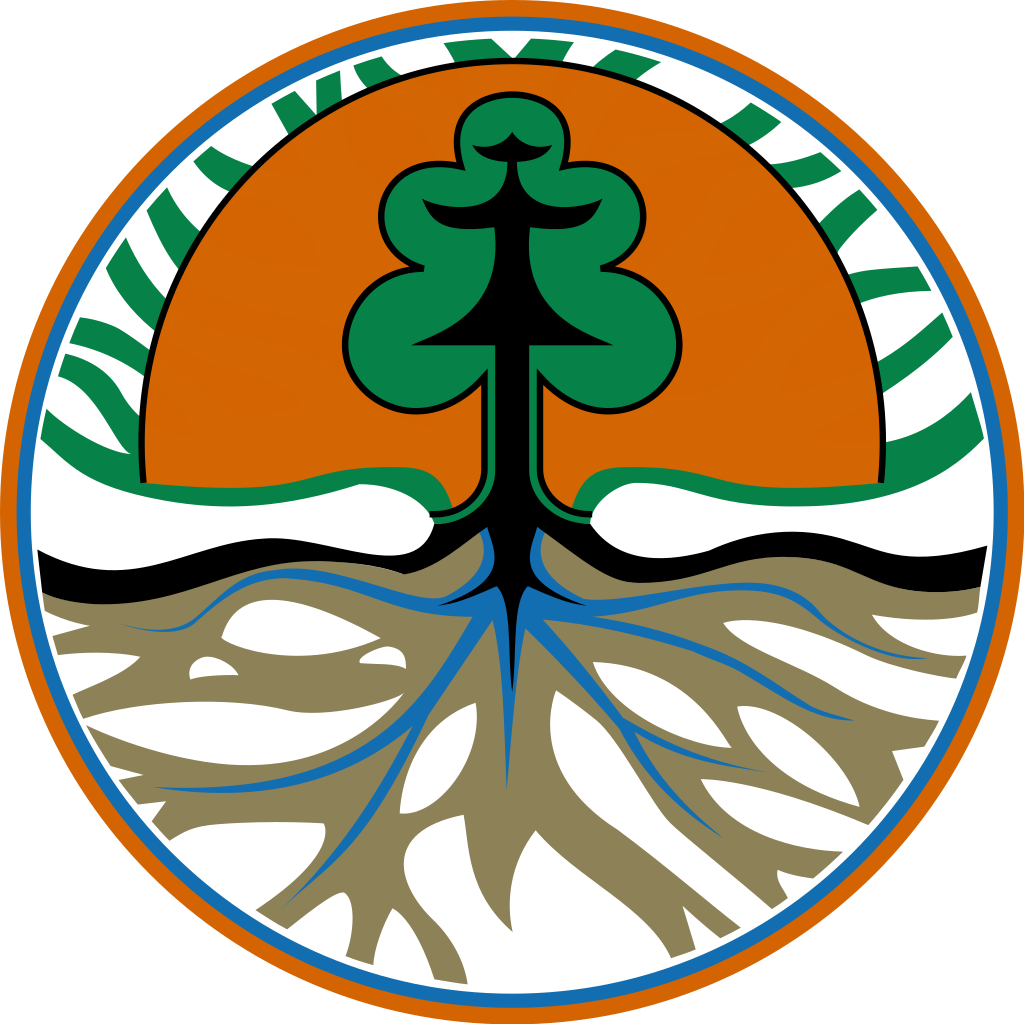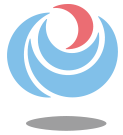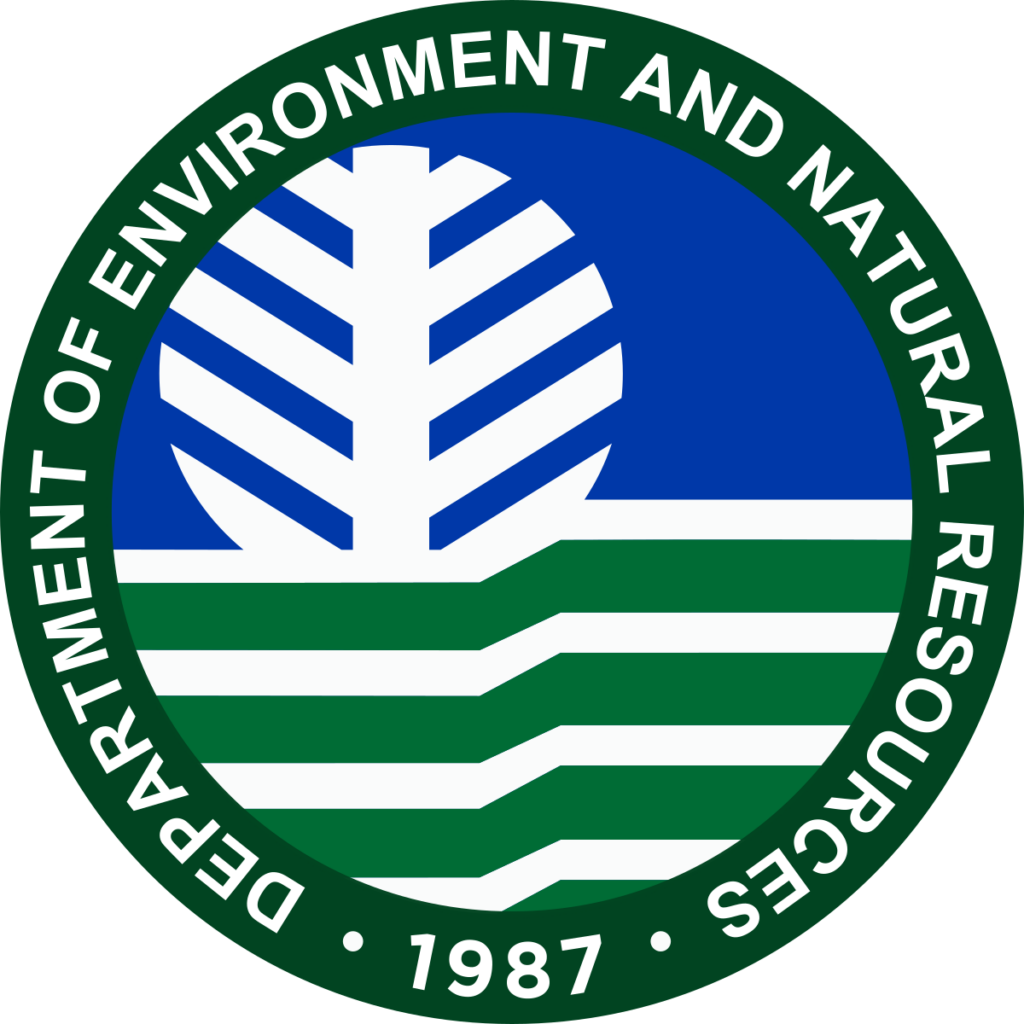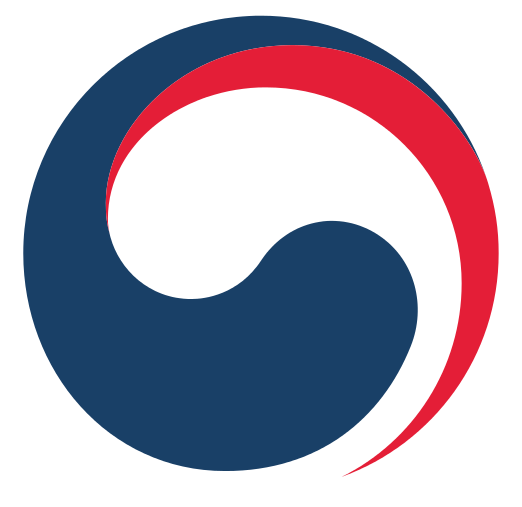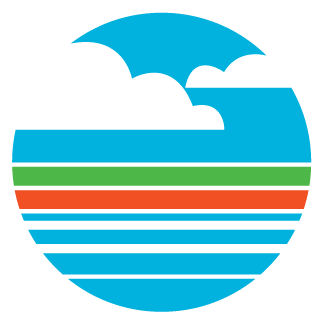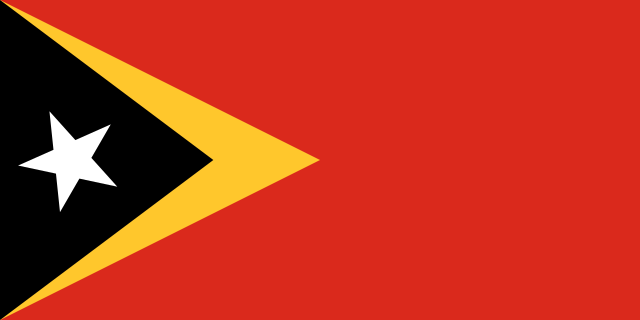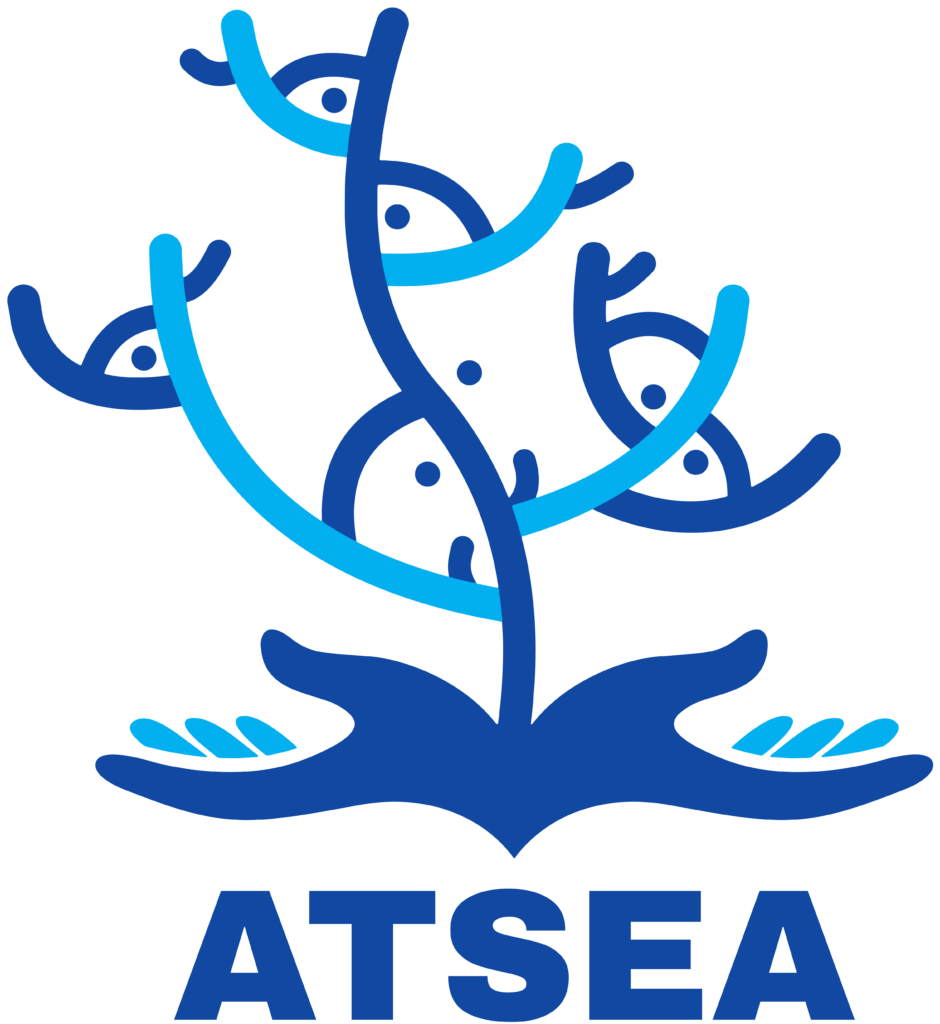Overview
The webinar discussed how a social inclusion lens can be further applied in the fisheries sector to ensure that women’s roles are appreciated and that they are empowered to further participate in the development of sustainable fisheries.
Case studies on experiences, challenges, and lessons learned were shared and recommendations on applying a gender-inclusive lens were provided.
Format
Series of presentations and Q&As
Target Audience
All interested individuals
Press Release
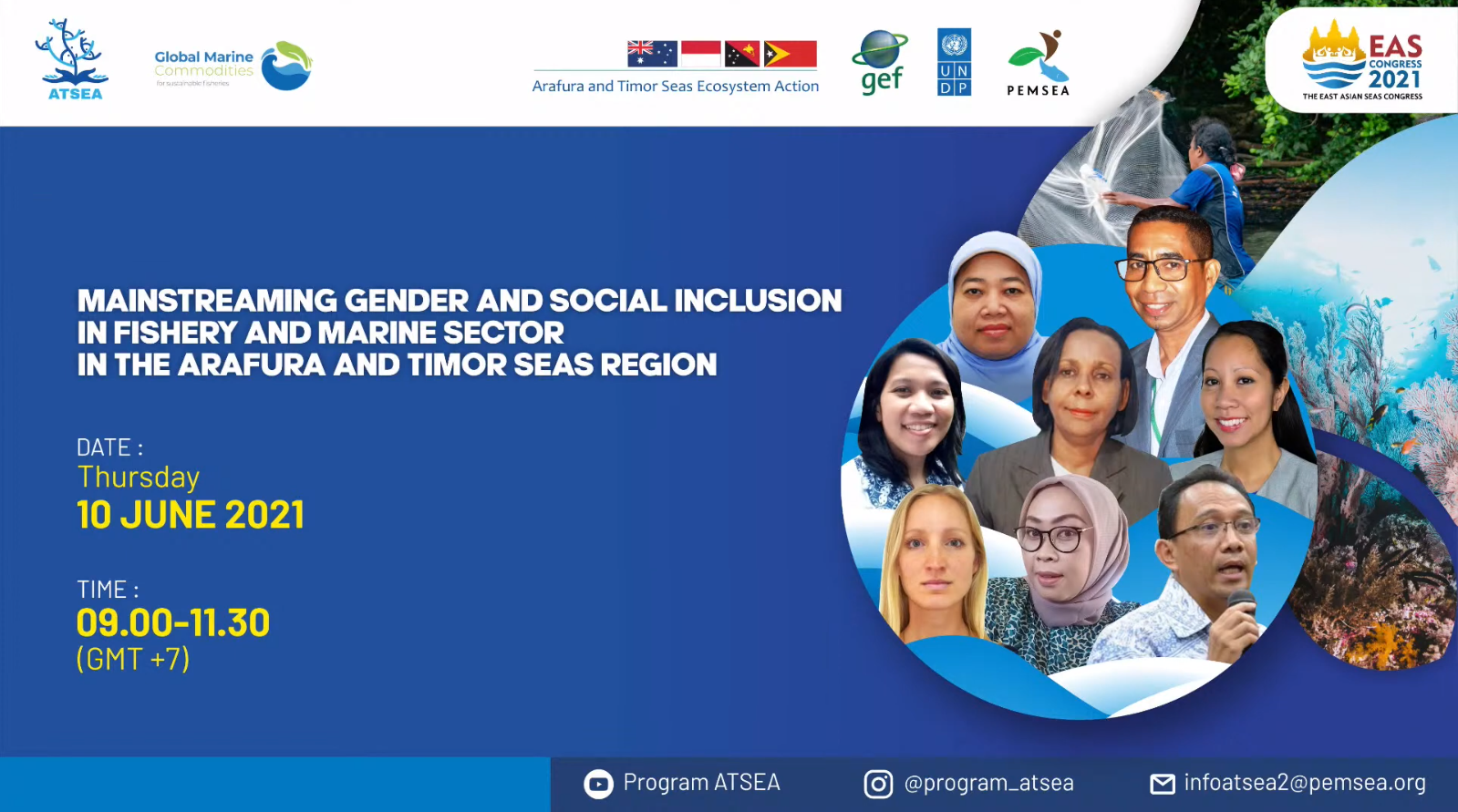
Original article by Thea Arcella Bohol in the ATSEA Q2 Newsletter (April – June 2021)
In celebration of the United Nations World Oceans Day, the GEF/UNDP/PEMSEA ATSEA-2 Programme and UNDP’s Global Marine Commodities Project (GMC), jointly held a live webinar on 10 June 2021, entitled Mainstreaming Gender and Social Inclusion in Fisheries and the Marine Sector in the Arafura and Timor Seas Region. The webinar was attended by 125 participants from Indonesia, Timor-Leste, the Philippines, Papua New Guinea (PNG), Cambodia and Japan. This event was the second in a series of collaborations, set to culminate in the East Asian Seas Congress 2021, from 1-2 December 2021.
Declining fish catch, marine degradation and climate change are not gender-specific phenomena; they impact communities regardless of their cultural outlook. To combat these challenges, an equally gender-neutral response is required. This concept was central to the webinar and was outlined in the opening remarks by Ms. Yayan Hikmayani, S. Pi., M. Si., Head of the Centre for Fisheries Research in the Indonesian Ministry of Marine Affairs and Fisheries. She added that women of the ATS region have a central role to play in defining interventions, implementing activities, assessing results and especially in managing initiatives that have a direct impact on the lives of their families,their communities and the environment.
An estimated 70% of the aquaculture workforce worldwide is female, with women playing key roles in fishing, processing and marketing (ADB 2019). Women are involved at various stages of the aquaculture process; from pond preparation, seed collection and hatcheries, to feeding and guarding, accounts and book-keeping, seafood processing, marketing and research and development; and their role is growing significantly in certain areas, such as the fish processing industry (FAO 2019).
However, despite their substantial contribution to the sector, women continue to be marginalised by gender stereotyping. Customary practices and traditional patriarchal relations in families and communities discriminate against women; inequalities that are the result of societal and cultural gender norms, ingrained in most rural sectors. Compared to men, women struggle to gain access to skills and training, as there are relatively few training programmes set up with them in mind; in addition, they must bear the burden of unpaid care work and cannot readily access credit for investment or ownership of fishing equipment.
In a bid to raise awareness of gender issues and mainstream social inclusion in the ATS region, the webinar reached out to various institutions. Ms. Kusni Setyowati is the Director of Kelola Laut Nusantara; a seafood processing company with operations in Java and the Natuna Seas. She highlighted the growing importance of women in conservation and remarked on their potential for future development. Other contributors to the webinar included Ms. Alda Sousa Lemos da Rosa, a senior staff member at the National Directorate of Fisheries and Aquaculture in Timor-Leste; Ms. Yenny Widjaja, the gender focal point for UNDP-Indonesia; Ms. Karen Hildahl, the gender focal point for global marine commodities; and Dr. Dedi Adhuri, coordinator of the Maritime Study Group at the Indonesian Institute of Sciences.
The webinar examined gender relationships, while also collecting sex-disaggregated data and identifying opportunities to address existing inequalities; essential first steps in expanding our understanding of gender issues. The event also focused on valuing and promoting women’s contributions to fisheries and coastal management by recognising their knowledge; investing in labour-saving technologies for women in areas such as processing and marketing; and training women in the sustainable management of coastal areas.
The webinar’s closing remarks came from Mr. Celestino de Cunha Barreto, who has more than 20 years of service in the General Directorate of Fisheries and Aquaculture in Timor-Leste. He reiterated calls for more inclusive project management and planning processes. Any efforts to expand the role and participation of women should also address the issue of gender stereotyping; initiatives that set out to enhance women’s participation should therefore also address traditional unpaid care work at home, such as child rearing and other domestic duties (FAO 2019). Gender equality and inclusion should be key objectives of planning from the outset, not merely an afterthought.
Recognising women’s contribution to fisheries will be crucial to saving our oceans from further environmental degradation. ATSEA-2 is supporting initiatives that recognise women’s role in conservation, not merely as beneficiaries or recipients of end results and outcomes, but as active proponents of change. The goal of mainstreaming gender equality and social inclusion should therefore be to deliver equal life outcomes through a redistribution of power and resources. This webinar urged transformative and targeted changes in policy, to facilitate interventions and programmes that positively impact societal relations. This action can lead, ultimately, to more effective protection of marine and coastal resources.



